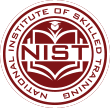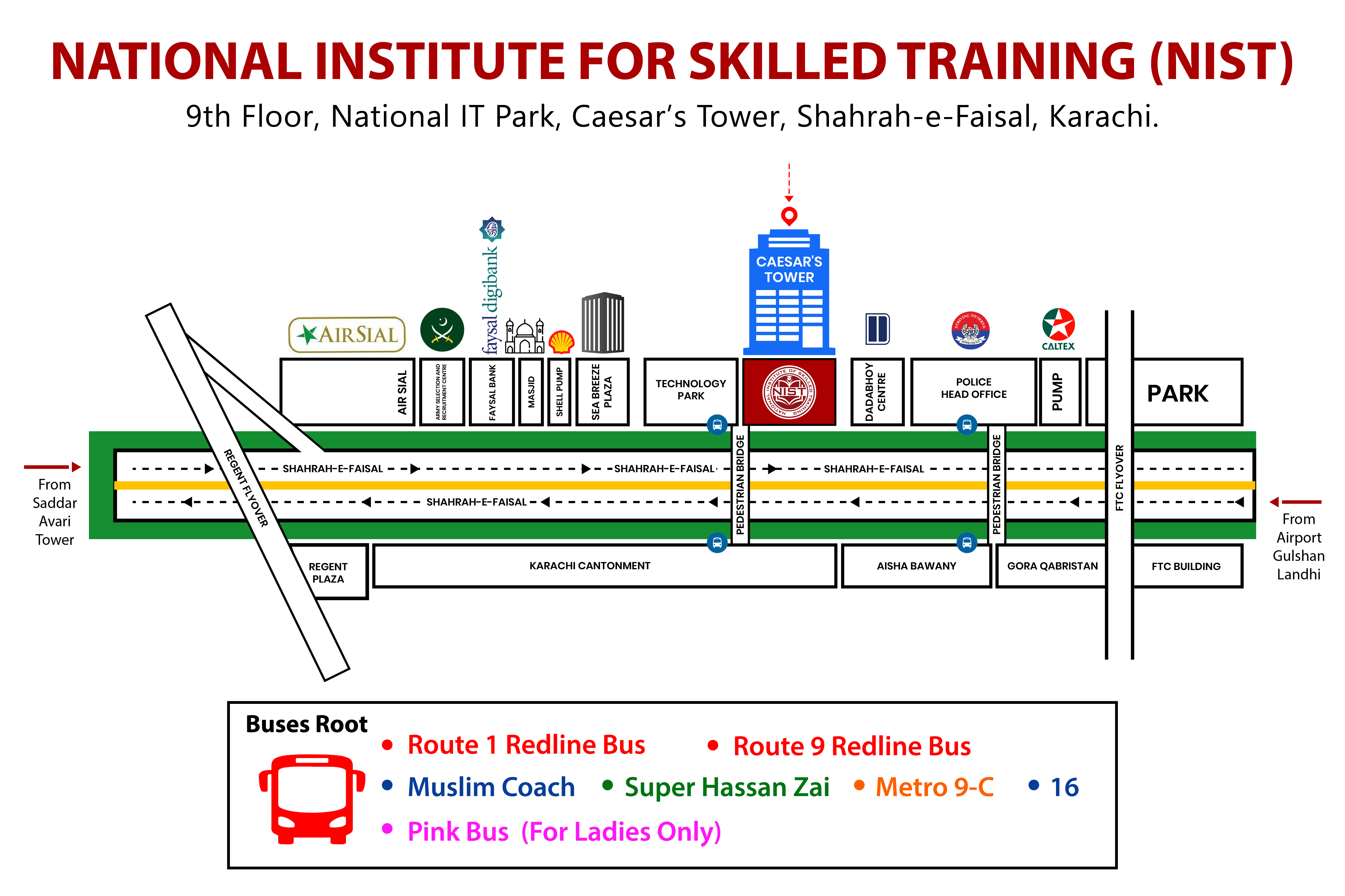Welcome to NIST - National Institute of Skilled Training
At NIST, we are dedicated to empowering the youth of Pakistan with top-notch education and skill development programs designed to pave the way for successful professional careers. As one of the leading institutes in the country, we strive to provide our students with not only exceptional education but also the practical experience and industry connections they need to thrive in their chosen fields.
Expert Instructors:
Our team of highly qualified instructors and trainers brings years of industry experience and passion for teaching to the classroom. They work closely with students, offering personalized guidance and mentorship to ensure that each learner achieves their full potential.
Cutting-Edge Curriculum:
We offer a diverse range of courses that cater to the current needs of the job market. Whether you are interested in web development, digital marketing, or other high-demand skills, our training programs deliver the knowledge and practical experience you need to excel. Our courses are regularly updated to match industry trends, ensuring you receive the most relevant education possible.
Internship and Job Opportunities:
The standout feature of NIST is its commitment to not only delivering quality skill-based education but also offering internships to all enrolled students upon course or training completion. This support helps them seamlessly transition from education to employment.
Join us at NIST and take the first step toward a bright and promising future. Explore our courses and see how we can help you achieve your professional dreams!






















